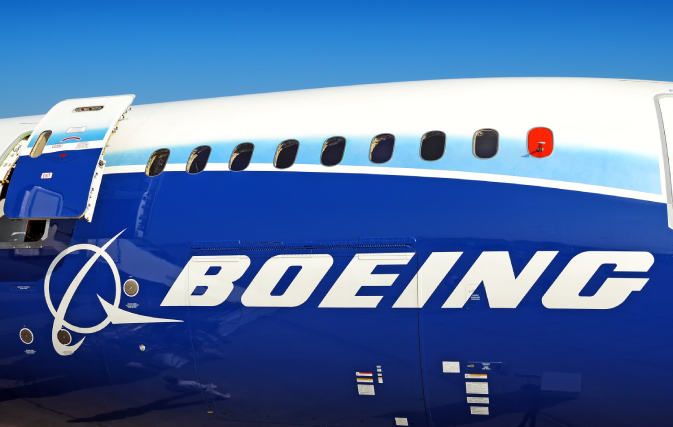Federal regulators have approved an inspectionprocess that will let airlines resume flying their Boeing 737 Max 9 jetliners, which have been grounded since a side panel blew out of a plane in midflight earlier this month.
The head of the Federal Aviation Administration said Wednesday that his agency’s review of the scary incident on board an Alaska Airlines Boeing jet gave him confidence to clear a path for the planes to fly again.
The official, Mike Whitaker, said the FAA would not agree to any Boeing request to expand production of Max planes until the agency is satisfied that quality-control concerns have been addressed.
“This won’t be back to business as usual for Boeing,” Whitaker vowed.
The production limits will apply only to the Max, of which there are currently two models, the 8 and the 9. Boeing builds about 30 a month but has wanted to raise production for some time.
Boeing did not comment immediately.
A panel called a door plug blew off an Alaska Max 9 as it flew 3 miles (5 kilometers) above Oregon on Jan. 5. The blowout left a hole in the side of the plane, but pilots were able to return to Portland and land safely.
The FAA grounded most Max 9s the next day. Alaska and United Airlines — the only U.S. carriers with Max 9s — have canceled hundreds of flights since then, and United said this week that it will lose money in the first three months of this year because of the grounding.
The CEOs of both airlines vented their frustrationat Boeing earlier this week.
The FAA will require airlines to conduct “detailed visual inspections” of door plugs and other components, adjust fasteners and fix any damage they find before putting Max 9s back into service. The agency said the process was developed using data from inspections of 40 grounded planes.
United, which has 79 MAX 9s, more than any other airline, said it has already done “preliminary preparations and inspections” of its planes, and it expects to put them back into service beginning Sunday.
United said the process involves removing an inner panel, two rows of seats and a sidewall liner before technicians can open the door plugs. They will inspect the plug and surrounding hardware, fix anything they find amiss, and resecure the panel.
The plugs seal places used for extra emergency doors on planes with more seats than Alaska and United Max 9s.
The FAA decision came on the same day that a key senator indicated that Congress will join the scrutiny of Boeing.
Sen. Maria Cantwell, D-Wash., met with Boeing CEO David Calhoun to discuss incidents, including the one this month involving the Alaska Airlines plane. Cantwell said she told Calhoun that quality engineering and safety must be the company’s top priorities.
“The American flying public and Boeing line workers deserve a culture of leadership at Boeing that puts safety ahead of profits,” said Cantwell, who represents the state where Boeing assembles 737s.
Cantwell said the Senate Commerce, Science & Transportation Committee, which she chairs, will hold hearings “to investigate the root causes of these safety lapses.” No dates were announced.
The National Transportation Safety Board is investigating the accident involving the Alaska Airlines jet. NTSB officials have said they are looking into whether bolts that help secure the door plug were missing before the plane took off.
An NTSB investigator will return to Boeing’s 737 assembly factory in Renton, Washington, on Friday as the probe continues, a spokesman for the board said. Investigators are building a timeline of the door plug that failed, from the early stages of its production to the flight on which it blew off the plane.
The Federal Aviation Administration is looking into whether Boeing and its suppliers followed proper safety procedures during manufacturing.

